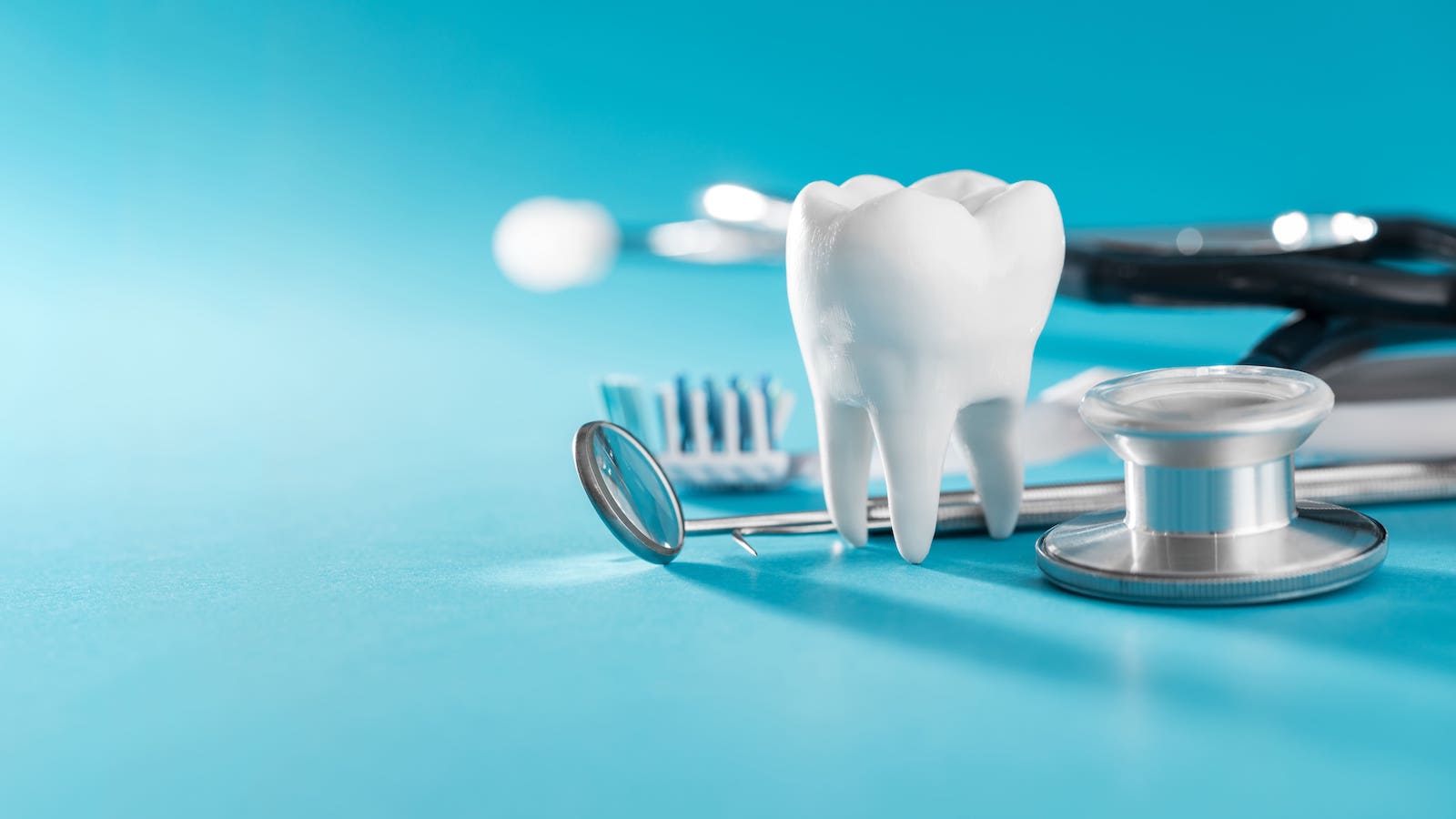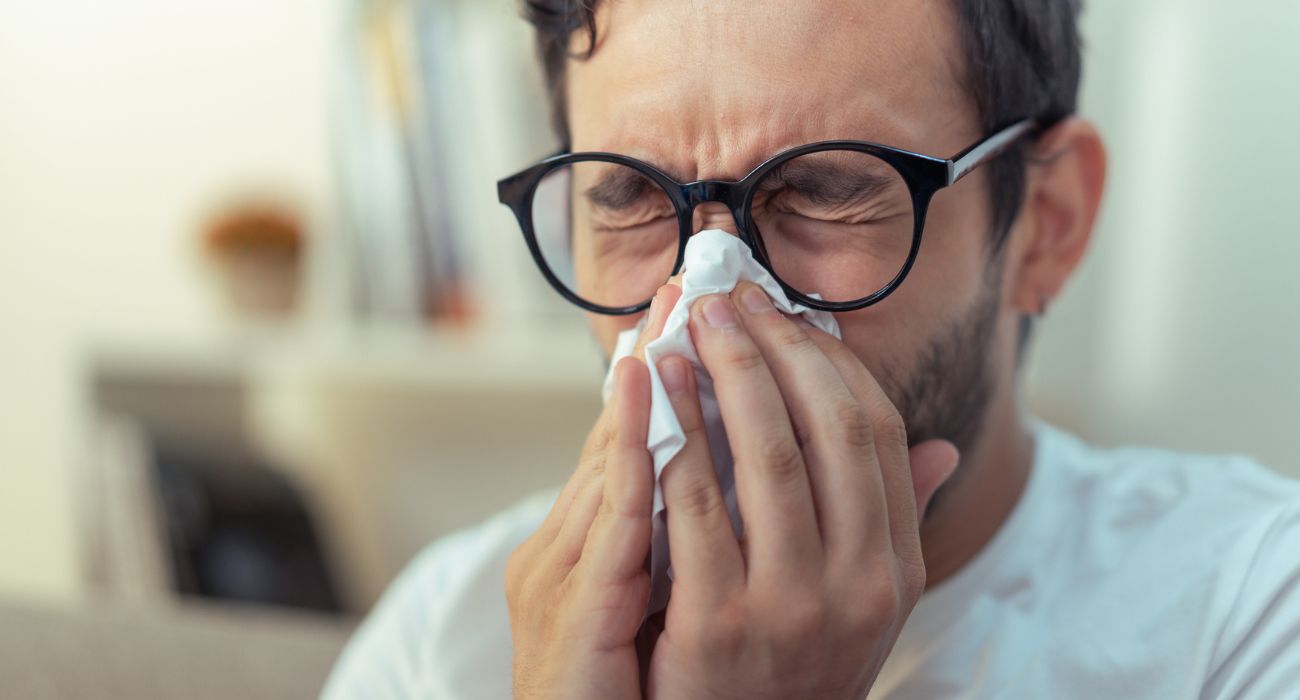While battling the holiday blues, dental hygienists and psychologists suggest focusing on dental health to improve mental health.
“When your oral health is suffering, it can decrease the quality of your life or exacerbate mental health issues,” explained Dr. Susan Albers-Bowling, a Cleveland-based psychologist. Moreover, Albers-Bowling asserts that the reverse is also true and that poor gum health may indicate higher stress and anxiety.
A 2015 meta-analysis corroborated Albers-Bowling’s statement and found that patients with poor mental health are 2.8 times more likely to have no more teeth than those with average mental health. Moreover, the National Health and Nutrition Examination Survey reported that nearly two-thirds of people with depression had a toothache.
The reasons behind this link between dental health and mental health remain unclear. However, researchers suggest that poor dental health may simultaneously be both a cause and effect of mental anguish.
Lucy Wyndham, a writer for Dental News, claimed that those with depression and anxiety may neglect to follow a self-care routine. As a result, their oral health may suffer over time. Furthermore, “[s]tress can also have physiological effects on the body. Spikes in the stress hormone cortisol weaken the immune system, which makes it easier for bacteria to invade the gums and cause inflammation.”
The World Health Organization found that the prevalence of anxiety and depression increased by 25% during COVID-era lockdowns. At the same time, the American Dental Association (ADA) found in a 2021 dentist survey that chipped and cracked teeth were on the rise among dental patients.
“The increase over time suggests stress-related conditions have become substantially more prevalent since the onset of COVID-19,” added Marko Vujicic, vice president of the ADA’s health policy institute.
Additionally, masking policies may have exacerbated poor oral health leading to a condition called “mask mouth.” Colgate’s website suggests mask mouth occurs when breathing is disrupted, wearers are dehydrated, and the levels of carbon dioxide are increased. These conditions allow oral bacteria to flourish and grow within the mouth.
While stress and tooth decay grew among Americans, dental visits plummeted when compared to pre-pandemic levels. Dentists observed that a majority of patients’ visits were for emergency dental services versus regularly scheduled cleanings.
As the United States exits the pandemic, many still deal with increased anxiety, which itself is a barrier to visiting the dentist. However, resuming regular dental cleaning may increase self-confidence and reclaim mental health.






